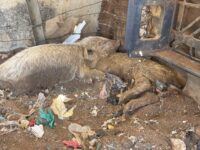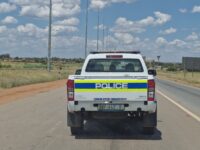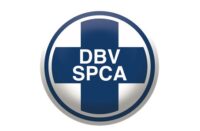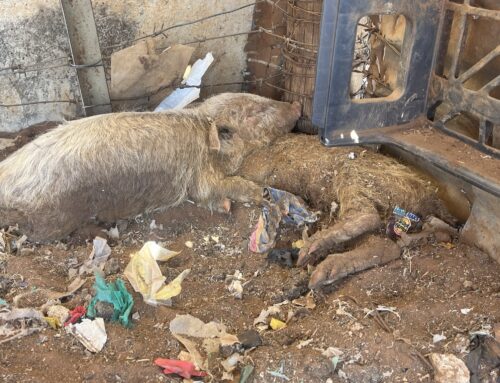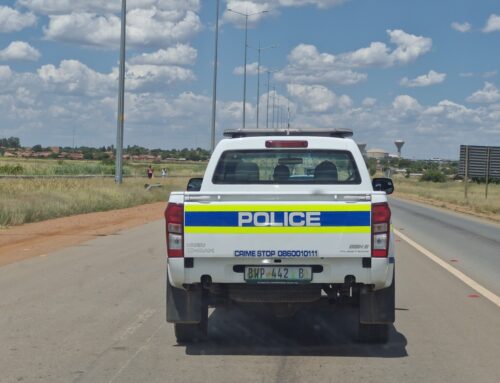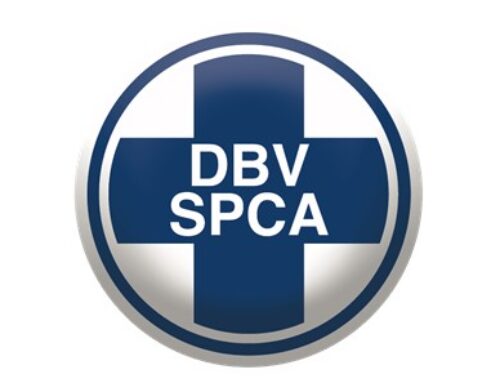In 2022, the NSPCA succeeded in its efforts to include wildlife welfare in the National Environmental Management: Biodiversity Act 10 of 2004 (NEMBA). NEMBA serves to regulate the management and conservation of South Africa’s biodiversity, as well as the use of indigenous biological resources, and the protection of species and ecosystems. However, previously, it did not take into account animal well-being.
Working closely with key stakeholders, including the Department of Forestry, Fisheries, and the Environment (DFFE), the NSPCA was instrumental in ensuring that human-induced activities do not compromise wildlife welfare by pushing to have animal well-being included in NEMBA. This was a huge “win” for animal welfare, especially in linking it to the Section 24 Constitutional right to a healthy environment. The notion of animal well-being in NEMBA is grounded in Court findings that animals are, indeed, sentient and worthy of protection. These findings are pursuant to the NSPCA’s litigation to protect wildlife in specific instances.
The definition of “well-being” included in the amendments to NEMBA is “the holistic circumstances and conditions of an animal, which are conducive to its physical, physiological, and mental health and quality of life, including the ability to cope with its environment.” However, this amendment has clearly troubled certain industry players, including SA Hunters and Game Conservation Association (SAHGCA).
Their aim is to prevent any reference to “well-being” from being included in NEMBA, as this will have dire consequences for their commercial industry, which does not specifically concern itself with animal welfare. On 20 November 2024, the NSPCA was made aware that SAHGCA had applied for direct access to the Constitutional Court to set aside provisions within NEMBA regarding the well-being of animals. Despite the NSPCA’s legislated interest in this matter, SAHGCA failed to inform us of this action, serve their application on us, or afford us an opportunity to participate in the litigation.
In response, on 21 November 2024, the NSPCA indicated before the Constitutional Court and the Court’s registrar that we intended to intervene and oppose their intentions. Regardless, the NSPCA was then informed on 22 November 2024 that SAHGCA was attempting to settle the matter without the NSPCA’s knowledge.
To make matters worse, the NSPCA was then informed by SAHGCA on 29 November 2024, in the very first correspondence received from their legal representative, that the matter had already been settled. On further inquiry, the NSPCA found this to be legally and factually incorrect. This is extremely concerning, especially as the NSPCA has a legislated mandate to oversee the interests of animals.
In light of this, the NSPCA filed an urgent application with the High Court, Gauteng Local Division, to prevent the SAHGCA from settling the matter before the NSPCA could intervene in the Constitutional Court matter and oppose same.
The Gauteng Division of the High Court, Johannesburg, heard the matter on 16 December 2024, and an urgent interdict was awarded to the NSPCA wherein the parties are restrained from settling the matter to the exclusion of the NSPCA pending before the Constitutional Court, until the NSPCA’s intervention application has been determined in the Constitutional Court. The NSPCA has since filed its intervention and opposition application before the Constitutional Court, and we shall now be duly heard on this important issue impacting animals within the Republic.
The NSPCA wishes to express its deep appreciation to Advocate Les Morison SC, Advocate Sam Martin, and Bowman Gilfillan Law Firm for their significant contribution to this legal matter.
If you are as passionate about animals and their well-being as we are, consider supporting our causes by donating.
Latest News Posts
Will You Be the One Who Takes Action?
Most people will scroll past this. But will you be the one who stands up for animals?
Animal welfare isn’t always in the spotlight, but it changes lives – for every neglected, abused, or suffering animal we help. Our teams work tirelessly, often behind the scenes, ensuring animals across South Africa are protected.
This work is relentless. The challenges are immense. But with more hands, hearts, and resources, we can do even more.
The equation is simple: the more supporters we have, the greater our reach, the stronger our impact.
Be part of the change. Become an NSPCA Project Partner today. From just R50 per month, you can help ensure that no animal suffers in silence.

